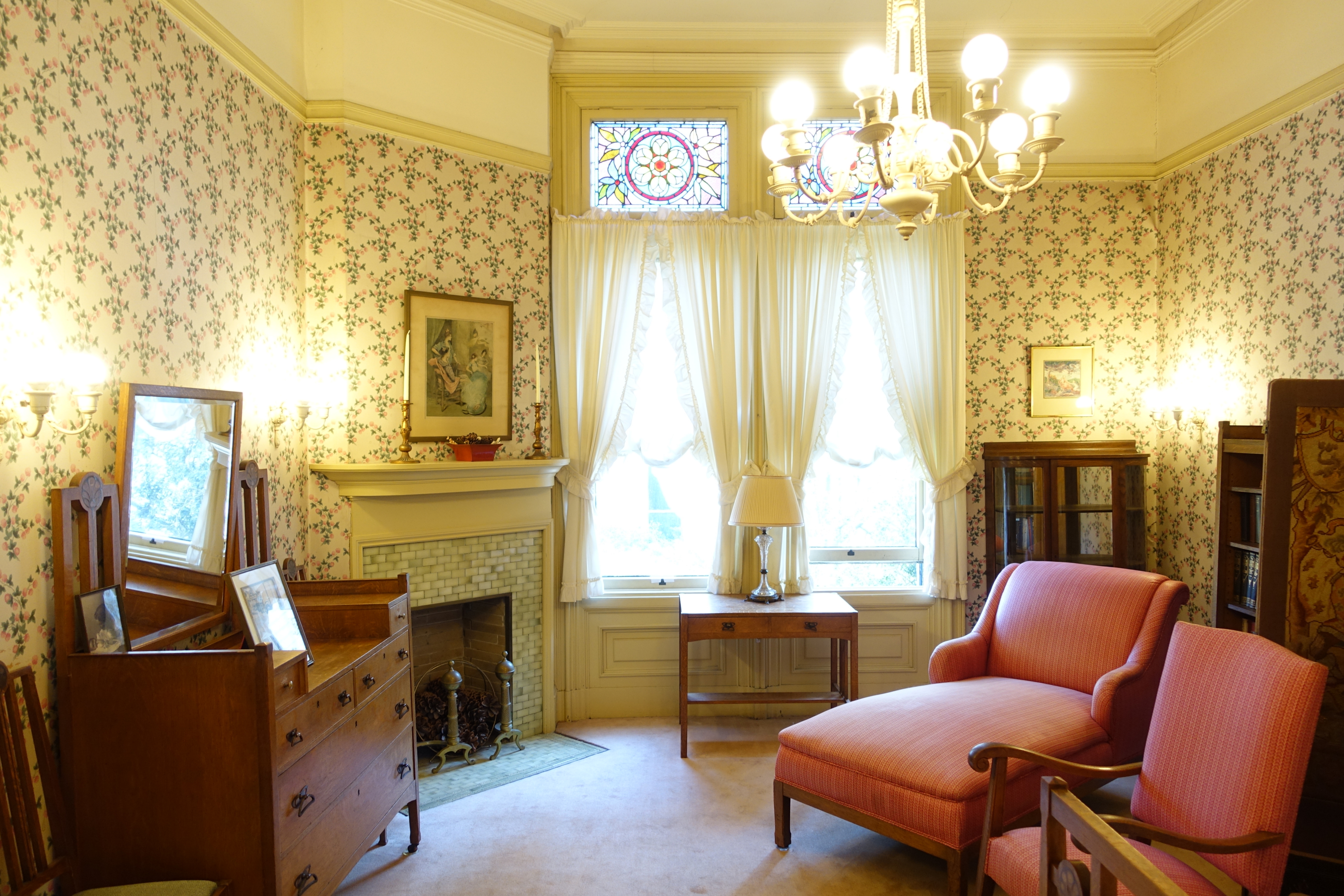SAN FRANCISCO―The San Francisco Board of Supervisors voted on Tuesday, July 14 to put more stringent regulations on what has become known as the Airbnb law. The vote strengthened the rules pertaining to home and short-term rentals in the city of San Francisco.
Airbnb was founded in 2008 and allows its users to share rooms, homes and even castles with other users. The platform is worldwide and boasts over a million listings in more than 30,000 cities and nearly 200 countries. Like ride-sharing companies such as Uber and Lyft, Airbnb has begun to see push-back from cities whose current regulations are struggling to account for these new sharing based companies.
The room-sharing company exploded onto the scene in the last few years. This year, the stock market has taken a interest in Airbnb as many wait for the anticipated IPO. Last month, Fortune estimated the worth of Airbnb to be in excess of $25 billion, which is more valuable than Twitter when they launched their IPO two years ago.
Lawmakers in Airbnb’s hometown of San Francisco have continually debated the implications of such a company in a housing market as volatile as their own. San Francisco is one of the most expensive housing markets in the entire country.
The previous laws governing home and short-term rentals in San Francisco created a 90-day cap in which owners could rent out their property when they were not present and unlimited days when they were. One of the primary problems was that there was no real incentive for owners to follow these mandates as there was no way for the city to track an owner’s rentals.
On Tuesday, the San Francisco Board of Supervisors turned down amendments that could have changed the cap to 60, 75, or 120 days and instead voted to strictly enforce current regulations. The Office of Short-Term Rental Administration and Enforcement will now enforce the 90-day cap and keep a closer eye on Airbnb users.
Other large cities across the nation are expected to vote on different forms of short-term rentals later this year, including a new measure that some are calling the “Anti-Airbnb law” that will be on the November ballots.







